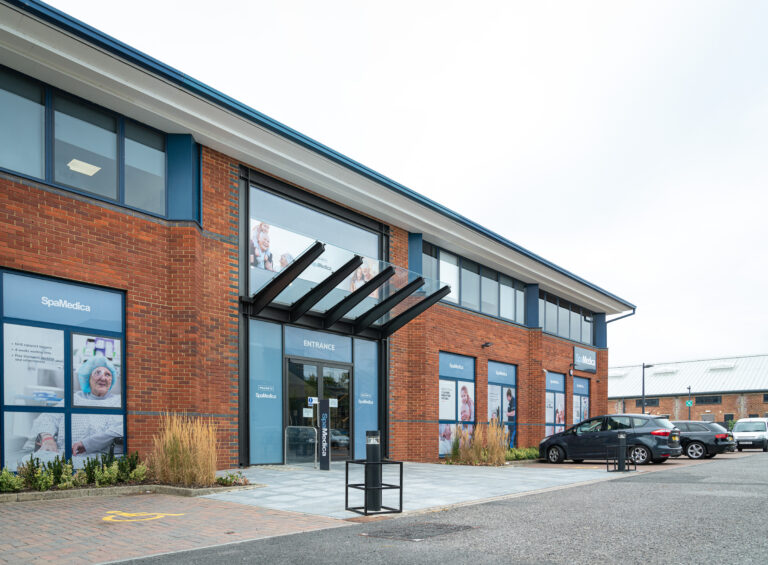Retinal Vein Occlusion
Retinal Vein Occlusion (RVO) occurs when one of the veins carrying blood away from the retina becomes blocked, leading to a build up of pressure and fluid leakage. This condition can cause swelling and damage to the retina, affecting your central and peripheral vision. Controlling underlying health issues such as high blood pressure, diabetes, and high cholesterol is crucial in managing RVO.

Symptoms of Retinal Vein Occlusion
Retinal Vein Occlusion can present with various symptoms, which may develop suddenly or gradually, including:
- Blurred or distorted vision
- Sudden vision loss in one eye
- Dark spots or a shadowy area in your vision
- Pain or discomfort in the eye (less common)
Diagnosis and Treatment of Retinal Vein Occlusion
While there is no cure for RVO, several treatments can help manage the condition and preserve your vision. After being referred to SpaMedica by your optometrist you will be offered an initial appointment where several diagnostic tests and your personalised management plan will be discussed. Commonly the first line treatment for RVO is Anti-VEGF (vascular endothelial growth factor) injections:
Anti-VEGF Injections
Anti-VEGF injections are used to reduce swelling and prevent the growth of abnormal blood vessels in the retina. These injections help to stabilize vision and, in some cases, improve it. This might sound daunting, but you won’t feel any pain, as you’ll be given anaesthetic eye drops to numb the eye beforehand.
This service is currently offered at: Birmingham, Carlisle, Chelmsford, Coventry, Gateshead, Newark, North Tyneside, Peterborough, Romford, Stockton-on-Tees, Solihull, West Lancashire

